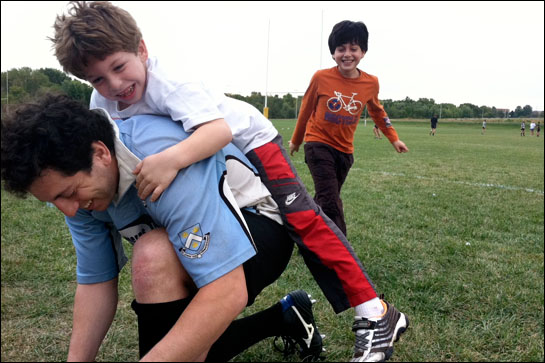
I went to a meeting of homeschoolers. In rural Wisconsin, of course. Because that’s where I live.
We talked about that the group is a safe place to talk about the things we’re having trouble with. A leader pointed out, “If you go to church and tell someone you are having trouble teaching algebra, the person will say, then put your kid in school.”
Everyone nodded.
Then no one told about any problems they have.
Instead we talked about what there is to do. Where you can take your kids: The zoo. The children’s museum. The science fair at the local college.
I expected to talk about educational theories. Does project-based learning make workbooks irrelevant? Does child-driven learning mean no algebra for dancers? Who among us would qualify as an unschooler?
But here people are proud that they can teach their kids to national standards. They talk about Algebra 1 and they worry about getting the right answer when someone asks what grade their child is learning at, saying only “between 8th and 9th.” And I think, “Really? At that age, who cares? What does she like to do? Where does she want to go?”
There is a pattern in my life. Where I try my best to do what is right. I go with my intuition and follow my heart. And I realized that, once again, I have driven myself to the fringe of the fringe.





